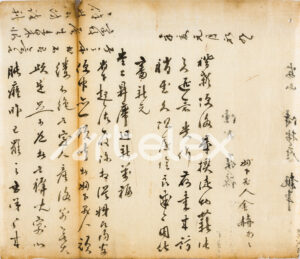Kim Hyuk (金爀, born Kim Hak-so, 1875 – 1939) was a key figure in the Korean independence movement during the Japanese colonial period, leading efforts from Manchuria.
After graduating from the Korean Empire Military Academy and serving as an officer in the Korean Imperial Army, he decided to engage in anti-Japanese resistance following the dissolution of the Korean military in 1907. He returned to his hometown of Yongin, where he gathered young people and promoted anti-Japanese ideology.
After the March 1st Movement in 1919, he fled to Manchuria and co-founded the Heungeopdan (Industrial Promotion Group), serving as its deputy leader. In 1920, he organized the militia with Hong Beom-do and Ji Cheong-cheon, continuing armed resistance against Japan. In 1921, he helped establish the Korean Independence Corps and was appointed as its military chief. He later served as chairman of the Central Executive Committee of the New People’s Council (Shinminbu) and concurrently as the principal of Seongdong Military Academy, where he trained over 530 independence fighters.
In 1928, Kim was captured during a joint raid by Japanese and Manchurian police and was sentenced to 10 years in prison. He served time in Pyongyang and Seodaemun Prisons. Released in 1935 due to worsening health, he returned to Yongin, where he passed away in 1939 at the age of 65. In recognition of his contributions, he was posthumously awarded the Order of Merit for National Foundation (Independence Medal) in 1962, and his remains were moved to the National Cemetery.

